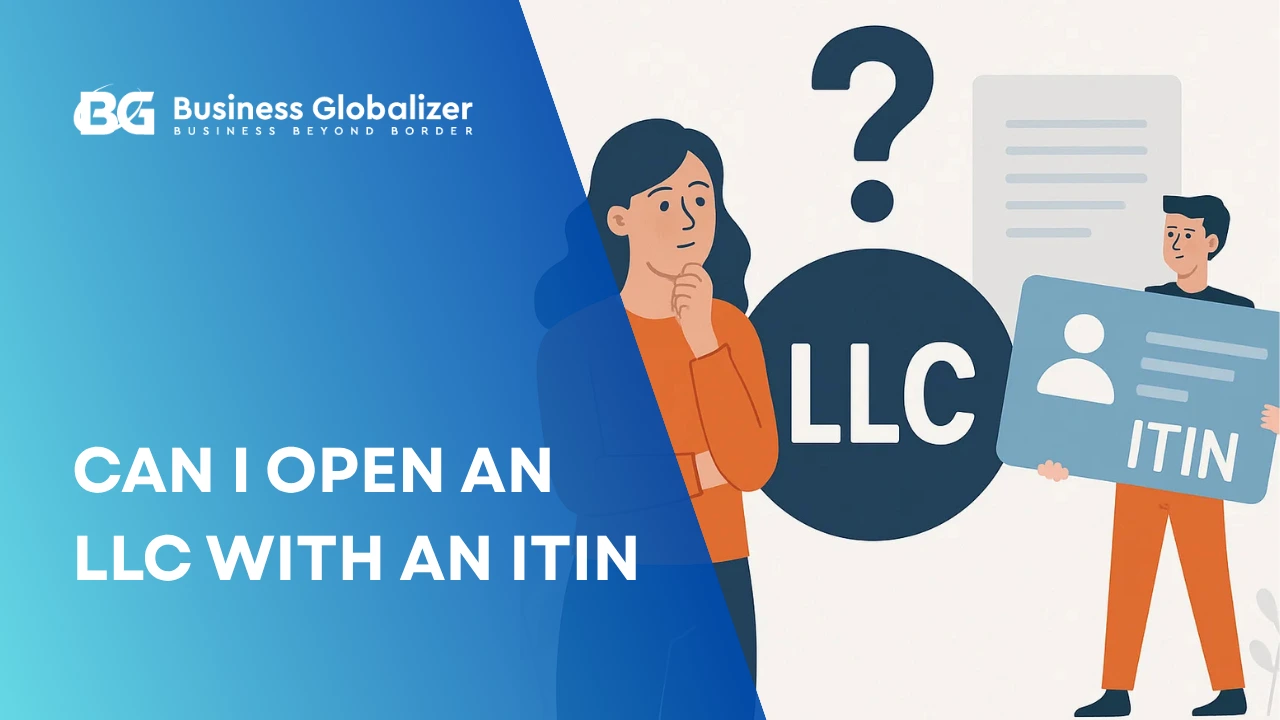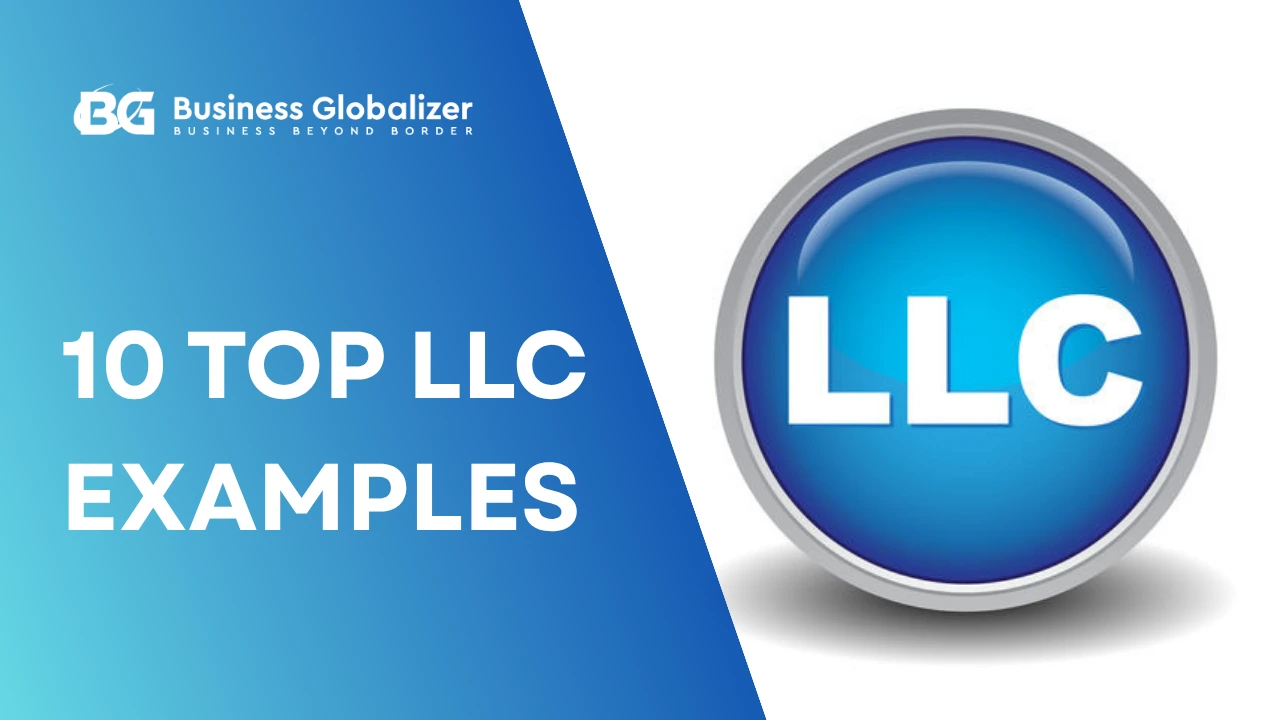Let’s say, you’ve built a great business idea, mapped out your strategy, and even registered your US company. But when it’s time to open a physical bank account or get approved for a payment gateway, the door slams shut. “US resident required.” “Local signatory needed.” Every step forward feels like hitting a wall.
For many international entrepreneurs, it’s more than just frustrating—it can stop the whole deal. That’s exactly where a US Nominee Director steps in. Not just a name on paper, but a key strategic partner who helps you clear compliance hurdles, build credibility, and secure financial approvals—all while you stay in control of your business.
Let’s dive into how a US Nominee Director can be the missing piece to release the real growth in the US market.
What Is a US Nominee Director
A nominee director is exactly what the name suggests—someone who holds the title of director but doesn’t actually run the business. They don’t make decisions, manage day-to-day operations, or interfere with how things are done. Their job is simple:
- Appear as the official director in corporate records
- Sign documents when needed
- Help meet legal and banking requirements
- Provide a local presence for compliance purposes
At Business Globalizer, our nominee directors step in as your official representatives, making sure your business ticks every regulatory box—without you having to move countries or publicly share your personal information.
For entrepreneurs living outside the US, this can truly change the game. From opening business bank accounts to effortlessly meeting US compliance requirements, our nominee directors clear your path, letting you focus on growing your business without hitting frustrating roadblocks along the way.
Why Use a US Nominee Director Service?
Now, the reason: why you need a nominee director? When you’re growing your business, your very own privacy shouldn’t be the price you pay—and neither should extra taxes. A nominee director helps keep your name off public records, so you stay in control while remaining comfortably behind the scenes.
Imagine this: You want to keep your personal information confidential—maybe for sensitive business reasons or something else. A nominee director steps forward as the public face of your company, while you still own everything and call all the shots.
For business owners expanding internationally, this privacy can also help avoid extra taxes. Keeping your name off public records can sometimes help lower your tax burden.
In short, a nominee director is like a silent guardian for your business—handling the necessary paperwork and official signatures so everything runs smoothly. They take care of the formalities, while you stay in control and focus on what truly matters.
Is There any Specific U.S. Company Law for Nominee Directors?
In the United States, there isn’t a specific federal law that solely focuses on nominee directors. Instead, corporate governance is generally governed by state laws, which outline the duties and responsibilities of all directors, including those appointed as nominees. Regardless of their title or who appointed them, all directors are legally obligated to act in the best interests of the company and its shareholders. This means that even if a director is appointed to represent a particular stakeholder, they must prioritize the company’s overall well-being in their decision-making.
It’s also very much important to note that while nominee directors can bring valuable perspectives to the board, they must avoid conflicts of interest and ensure their actions align with both legal requirements and ethical standards.
US Nominee Director Duties
Now, the next question is here: what does a nominee director actually do? Well, a nominee director plays a key role in keeping your business compliant while staying in the background. They don’t run the company—you do. Their main job is to meet legal requirements, sign official documents when needed, and act as a local representative if required.
Here’s what they’re responsible for:
Following local laws: They help your business meet legal obligations, like filing annual returns and keeping proper records, so you avoid penalties.
Providing a local presence: In some scenarios, a company needs a local director to operate. The nominee director meets this requirement without interfering in your business.
Acting in the company’s best interest: They ensure compliance and protect your company’s reputation, but they don’t make business decisions.
Can a US Nominee Director Conduct Transaction
A nominee director doesn’t automatically have the power to make business transactions. Their role is mostly about meeting legal requirements and representing the company on paper. However, if the business owner grants them specific authority—like through a Power of Attorney—they can sign documents or act on behalf of the company when needed. In that case the nominee director must have a required number of shares in the company.
That said, nominee directors must always follow the company’s best interests and legal guidelines. Their job isn’t to run the business but to provide a formal presence while the real owner stays in control.
The Primary Role & Responsibilities of a Nominee Director
Think of a nominee director as your trusted stand-in—someone who steps up for you when you can’t personally handle every official task yourself. Here’s what they do, in simple terms:
Represent Your Wishes: They never make decisions alone. Instead, nominee directors strictly follow your instructions to ensure everything aligns with your vision.
Attend Board Meetings: If you’re overseas or tied up with other commitments, they’ll attend meetings in your place, clearly communicating your stance on company decisions.
Protect Your Interests: They keep an eye on things. If decisions made by others don’t serve your interests, nominee directors speak up and vote accordingly, ensuring your voice counts.
Maintain Good Governance: Even though they don’t manage daily operations, they’re responsible for acting carefully and transparently, making sure everything runs ethically and smoothly.
In short, nominee directors have your back; keeping your business aligned with your priorities, without taking control away from you.
Key Benefits of Using a US Nominee Director
Maintain Your Privacy: If you prefer to keep your ownership private, a nominee director can act as the public face of your company, ensuring your personal details remain confidential.
Meet Local Legal Requirements: Some countries require companies to have a local director. Appointing a nominee director helps you comply with these laws without relocating.
Limit Personal Liability: A nominee director can serve as a buffer, reducing your personal exposure to legal actions against the company.
Enhance Company Reputation: An experienced nominee director can boost your company’s credibility with clients and partners, especially in international markets.
Simplify Management in Certain Regions: In jurisdictions with complex regulations, a nominee director familiar with local requirements can streamline operations and ensure compliance.
By appointing a nominee director, you can protect your privacy, fulfill legal obligations, and enhance your company’s standing—all while keeping full control over your business.
How Can I Find a US Nominee Director?
Finding a reliable nominee director requires careful selection. You need someone trustworthy, legally and ethically compliant, and experienced in handling business formalities. Many firms offer nominee director services, but it’s crucial to choose one that ensures transparency and keeps you in full control.
At Business Globalizer, we provide professional nominee director services tailored for non-residents and global entrepreneurs. Our experts handle all the legal formalities, maintain your privacy, and ensure smooth compliance—so you can focus on growing your business without stress. Whether it’s for banking, compliance, or expanding into new markets, we’ve got you covered.
How to Choose the Right US Nominee Director
Picking the right nominee director is a big deal—it affects your business’s security, compliance, and overall success. Here’s what to consider:
Check Legal Requirements
Before anything else, confirm if your business actually needs a nominee director. Some jurisdictions require at least one local director, while others don’t. A legal expert can guide you through this.
Go with a Trusted Provider
Choose a reputable firm with experience in nominee services. They should be known for professionalism, transparency, and a solid understanding of corporate laws.
Clarify Their Role
The nominee director represents your company on paper but must follow your instructions. A clear written agreement should define their responsibilities and ensure they act under your guidance.
Look for Independence
While they act on your behalf, they should maintain professional objectivity. Avoid choosing someone too closely tied to your personal affairs.
Ensure Local Knowledge
A nominee director should be familiar with local business practices, tax regulations, and compliance rules. This helps with smooth operations and avoids legal hiccups.
Avoid Conflicts of Interest
Make sure they disclose any other business affiliations to prevent potential conflicts. Their decisions should always serve your company’s best interests.
Get Everything in Writing
A written agreement should cover their role, limitations, and tenure. This protects both sides and prevents misunderstandings.
Agreement for Appointment of Nominee Director in the US
Appointing a nominee director in the United States involves a formal agreement that outlines the roles, responsibilities, and expectations of both the company and the nominee. Here’s a breakdown of what such an agreement typically includes:
Purpose of Appointment: Clearly define why a nominee director is being appointed—whether for maintaining privacy, fulfilling legal requirements, or representing specific interests.
Roles and Responsibilities: Detail the nominee director’s duties, ensuring they align with both the company’s objectives and legal obligations.
Duration of Appointment: Specify the term length and conditions under which the agreement can be renewed or terminated.
Compensation and Indemnification: Outline any remuneration for the nominee director and include clauses that protect them from liabilities arising from their role.
Confidentiality Clauses: Emphasize the importance of maintaining confidentiality regarding company affairs and any sensitive information accessed during their tenure.
Governing Law and Jurisdiction: Indicate that the agreement is governed by U.S. laws and specify the jurisdiction for any potential disputes.
What You’ll Need to Share with Business Globalizer
When you choose Business Globalizer as your nominee director service provider, we’ll handle most of the heavy lifting—but there are a few things we’ll need from you to get started smoothly.
Here’s what to have ready:
Proof of Identity and Address
We’ll need a copy of your valid ID (like a passport) and a document that shows your current address. This helps us verify who you are and keep everything compliant.
Why You’re Choosing a Nominee Director
Just a short explanation—maybe you want to protect your privacy, meet local requirements, or streamline banking and paperwork. Knowing your reason helps us serve you better.
Details About Your Business
A quick overview of what your business does—this gives us context and helps your nominee director represent your company accurately and professionally.
Once we have these basics, we can move fast and keep the process simple for you.
Nominee Director Risks and Legal Considerations
Appointing a nominee director can make business operations smoother, especially for non-residents—but it’s not without its risks and responsibilities. Before making that decision, it’s important to understand what’s really involved.
Legal Obligations & Ethical Responsibilities
Nominee directors walk a tightrope. On one hand, they represent the business owner who appointed them. On the other hand, they’re legally responsible for acting in the best interest of the company itself. That’s where things can get tricky.
Dual Roles, Dual Pressure
A nominee director must follow the owner’s instructions while upholding their legal duty to the company. That means they can’t blindly follow orders—they have to think about what’s best for the business, even if it goes against the nominator’s personal interests. It’s a complex position that requires clarity, honesty, and professionalism.
Conflicts of Interest
It’s common for nominee directors to face situations where the owner’s goals clash with what’s legally or ethically right for the company. These moments demand strong decision-making and clear communication to avoid serious consequences.
Confidentiality Challenges
Another challenge? Keeping things confidential. A nominee director has access to sensitive business information that must stay protected—even from the very person who appointed them in some cases. Balancing transparency and privacy is critical to maintaining trust and proper governance.
Potential Risks to Watch Out For
While a nominee director can add structure and credibility, there are also real risks if things go wrong. Here’s what to keep in mind:
Legal Risks
If the nominee director unknowingly breaks a regulation or law, it’s not just their name on the line—the entire company could face fines, penalties, or worse. That’s why choosing someone who understands the rules is so important.
Reputational Risks
If your nominee director is involved in unethical behavior, it could damage not only their career but also your company’s reputation. Once trust is lost, it’s hard to get back.
Financial Risks
A careless or unorganized nominee director can miss deadlines or make costly mistakes—resulting in penalties, missed filings, or even lost business opportunities. Before appointing anyone, you should clearly outline their responsibilities and expectations in writing.
Communication Gaps
Time zone differences, language barriers, or even simple misunderstandings can lead to serious errors. A nominee director must be responsive, punctual, and able to handle important documents and deadlines without delays.
Misaligned Interests
If the nominee director starts putting their own priorities ahead of yours or the company’s, it can create confusion and long-term damage. That’s why trust, professionalism, and clear boundaries are key.
10 Key Insights on US Nominee Director
- A US nominee director helps non-resident entrepreneurs meet legal requirements, open bank accounts, and access payment gateways without relocating.
- A US nominee director acts as your company’s official face on paper but doesn’t interfere in your day-to-day business decisions—you stay in full control.
- Nominee directors are especially helpful if you want to protect your privacy and keep your name off public business records.
- While there’s no specific federal law for nominee directors in the US, they must still follow state laws and always act in the company’s best interest.
- Nominee directors handle formalities like signing documents, attending meetings, and providing a local presence, which builds your company’s credibility.
- A nominee director can only carry out transactions if you give them legal permission, like through a Power of Attorney.
- Choosing the right nominee director means checking legal requirements, picking a trusted provider, and setting clear expectations in a written agreement.
- At Business Globalizer, you’ll need to share basic documents and business info so your nominee director can represent you accurately.
- While nominee directors offer privacy and compliance, there are legal, financial, and reputational risks if their role isn’t managed properly.
- Clear communication, mutual trust, and well-documented responsibilities are essential for avoiding conflict and keeping things running smoothly.
A Friendly Heads-Up Before You Decide
Before you move forward, here’s something worth knowing: a us nominee director might not check all the boxes for your business in the U.S. That’s because state & federal both laws can be quite tricky—what works in one case may not work in another.
So, we’d love for you to talk to us first. Our expert team will take the time to understand your situation and walk you through your options. With a quick consultation, we’ll help you figure out whether a us nominee director is the right fit—or if someone else might better serve your business needs.
We’re here to make sure you get the best partner for your company—no guesswork, just guidance.
FAQ
What is a nominee director?
A nominee director is someone appointed to act as the legal director of a company on paper, while the actual business owner stays behind the scenes. They don’t have control over your company unless you give it to them.
Is it legal to use a nominee director in the U.S.?
Yes, it’s legal—provided it’s used for legitimate purposes like privacy or fulfilling local requirements. The nominee must still follow state laws and act in the company’s best interest.
Why would I need a nominee director in the U.S.?
There are several reasons: to protect your privacy, meet local director requirements, open bank accounts, or simply avoid having your name listed in public records.
Are nominee directors responsible for company decisions?
Legally, yes. Even if they’re acting on your behalf, nominee directors must follow the law and are responsible for any decisions they sign off on.
Can a non-resident use a nominee director in the U.S.?
Absolutely. Many non-residents use nominee directors to help meet state-specific requirements or simplify the process of running a U.S. business from abroad.
How do I make sure my nominee director arrangement is safe?
Always use a clear written agreement that outlines the nominee’s duties, limits their authority, and protects your ownership. Also, work with a trusted and experienced service provider.
What if I need ongoing support beyond the nominee service?
We offer comprehensive business support, including tax filing, compliance management, and banking solutions to ensure your US business remains legally and financially sound.
How fast can I get a nominee director/strategic partner?
We can appoint a strategic partner within 5-7 working days, depending on your business needs.






